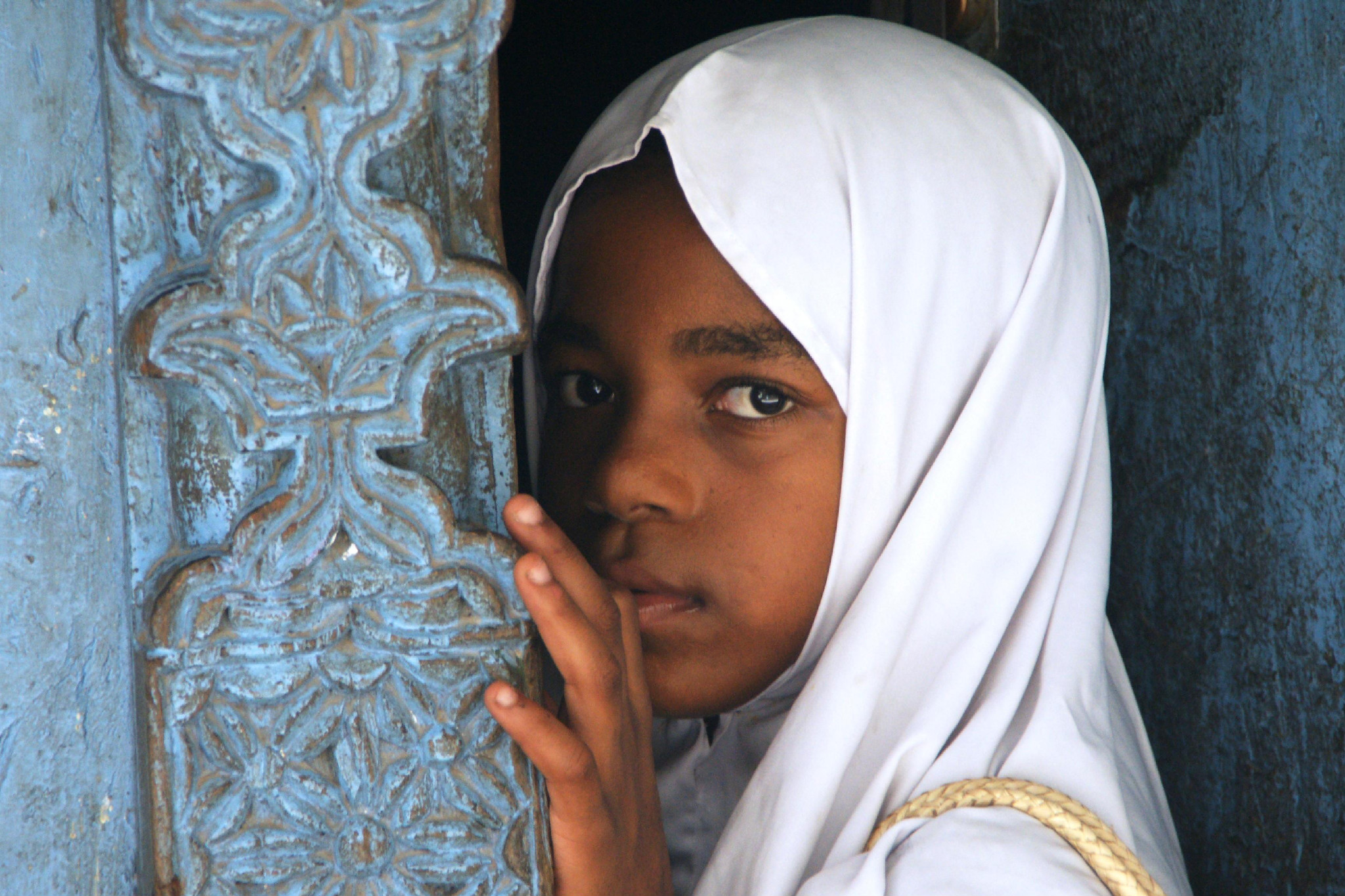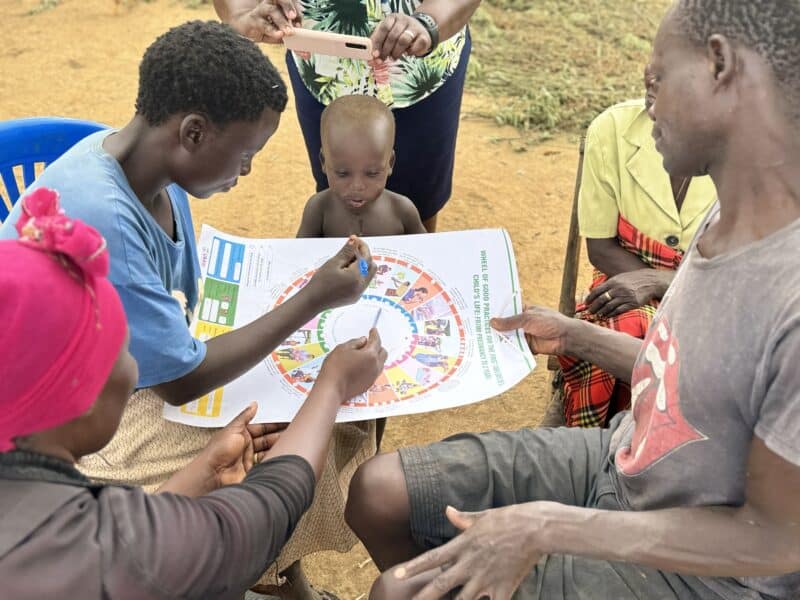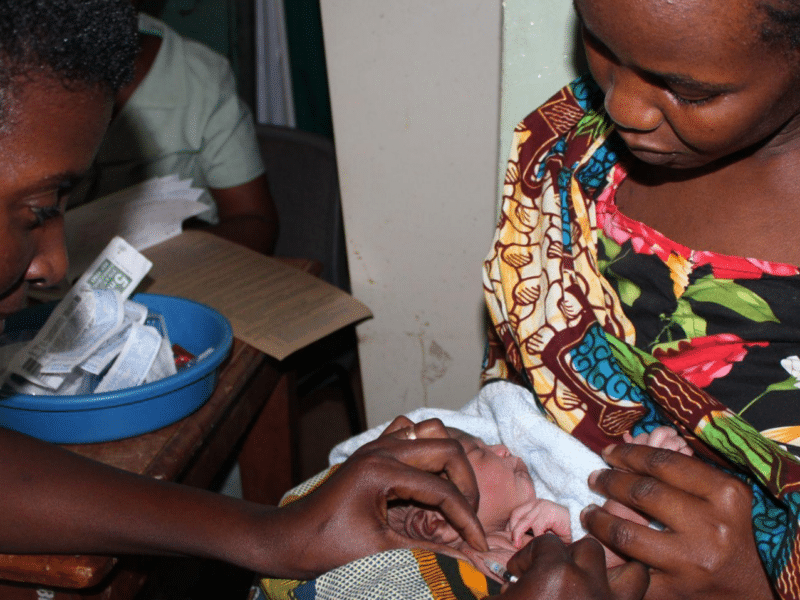“Tanzanian girls need access to both education and contraception if they want a better future than that of their mothers,” argued Halima Shariff in an opinion editorial she co-authored earlier this month with Suzanne Ehlers, President and CEO of Population Action International.
Shariff is the Director of Advance Family Planning (AFP) in Tanzania for the Johns Hopkins Bloomberg School of Public Health Center for Communication Programs (JHU∙CCP). Her op-ed appeared July 2 in Global Post’s Pulse blog in response to the African First Ladies Summit ”Investing in Women: Strengthening Africa” held in Dar es Salaam in early July.
According to the op-ed, Tanzania has one of the world’s youngest populations, with nearly 45 percent under the age of 15, representing a large number of young women who will soon face life choices about education, family planning (FP) and marriage.
The summit brought together Heads of State, current and former First Ladies including Michelle Obama and Laura Bush, government officials, academics and representatives from non-profit and private organizations around the world to focus on empowering women for greater stability and prosperity.
In the op-ed, Shariff and Ehlers note that empowering women and girls in Tanzania isn’t a simple proposition because of the country’s high rate of child marriage coupled with a lack of access FP, inadequate information, restrictive cultural practices and religious beliefs.
“When young women have the freedom to plan their families, they are more likely to pursue education, participate in their communities and earn an income outside of the home,” they explained.
Under JHU∙CCP, AFP has been working hard to mobilize and strengthen FP advocacy and reproductive health in Tanzania and other countries. It has revitalized FP programs through increased and effective funding and has improved policy commitments at the local, national and global levels.
“Contraceptives help people plan their lives and achieve their goals. Period.” Shariff and Ehlers wrote. “Let’s endeavor to give all girls not only the power, but the tools, that First Ladies are lucky enough to have. The tools that we were both privileged enough to have. The tools that each of them deserve.”
AFP is led by the Johns Hopkins Bloomberg School of Public Health Bill & Melinda Gates Institute and JHU∙CCP is one of many partners under this global initiative.





